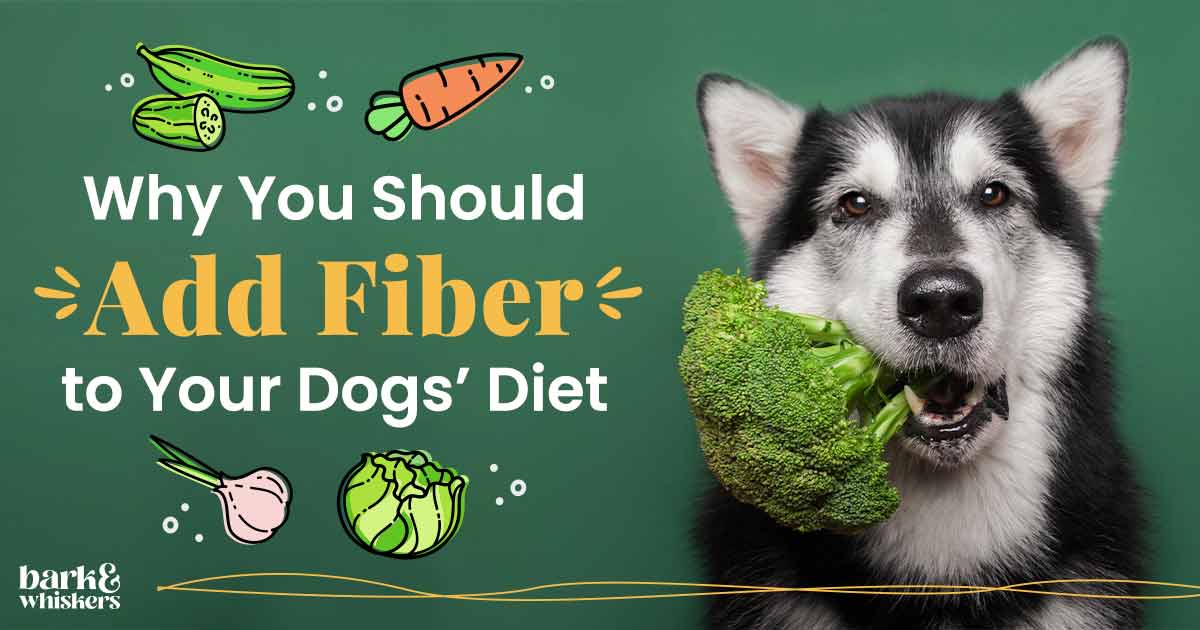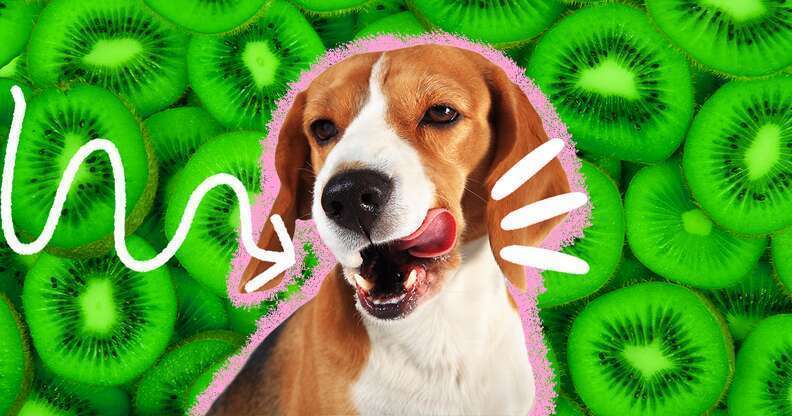Key Takeaways:
- Dogs can eat pears as they are a safe and healthy fruit option for them.
- Pears should be given to dogs in moderation, as excessive consumption may lead to digestive issues.
- Before feeding pears to dogs, it is important to remove the seeds and core, as they can be harmful if ingested.
- Pears provide various health benefits to dogs, including vitamins, fiber, and hydration.
- It is always recommended to consult with a veterinarian before introducing any new food into a dog's diet.
Are you a dog owner who loves to spoil your furry friend with treats? If so, you'll definitely want to pay attention to this! Did you know that pears can be a delicious and healthy snack for dogs? That's right, these juicy fruits aren't just for humans. In fact, they can provide numerous health benefits for our canine companions. Whether you're curious about adding pears to your dog's diet or simply want to satisfy your own curiosity, understanding if dogs can eat pears is essential. So, let's dig in and find out more about this delightful treat for our four-legged friends!
Can Dogs Eat Pears?
Dogs can eat pears and they are generally safe for them to consume. Pears are a sweet and juicy fruit that can be a tasty treat for your furry friend. However, it's important to feed them in moderation as part of a balanced diet.
Why dogs can eat pears?
Pears are packed with essential nutrients like vitamins A, C, and K, as well as fiber. These nutrients are beneficial for dogs' overall health and can support their immune system, digestion, and bone health.
Why you should consult your vet before feeding pears to your dog?
While pears are generally safe for dogs, some may have specific dietary restrictions or health conditions that could be affected by consuming this fruit. It's always best to consult with your veterinarian before introducing any new food into your dog's diet.
Are Pears Healthy for Dogs?
Pears are indeed healthy for dogs when given in moderation. They contain several vitamins and minerals that contribute to their well-being. For example:
- Vitamin C: This vitamin helps boost the immune system of dogs, keeping them healthy and less prone to diseases.
- Fiber: Pears contain fiber that aids digestion and promotes bowel regularity in dogs.
- Vitamin K: This vitamin is essential for blood clotting and maintaining healthy bones in dogs.
However, it's important not to overfeed pears to your dog as too much fruit can lead to an upset stomach or diarrhea. Always remember that moderation is key when it comes to feeding fruits or any other treats to your furry companion.
Benefits of Feeding Pears to Dogs
Feeding pears to your dog can offer several benefits:
- Improved digestion: The fiber content in pears can help regulate your dog's digestive system and prevent constipation.
- Hydration: Pears have a high water content, which can contribute to keeping your dog hydrated.
- Weight management: Pears are low in calories and fat, making them a healthy snack option for dogs who need to maintain or lose weight.
These benefits make pears a nutritious and delicious addition to your dog's diet when given in moderation.
Risks and Side Effects of Dogs Eating Pears
While pears are generally safe for dogs, there are some risks and side effects to be aware of:
- Allergies: Some dogs may be allergic to pears or certain compounds found in them. If you notice any signs of an allergic reaction, such as itching, swelling, or difficulty breathing, discontinue feeding pears and consult your veterinarian.
- Gastrointestinal upset: Feeding too many pears or introducing them too quickly into your dog's diet can lead to gastrointestinal issues like diarrhea or an upset stomach. Always introduce new foods gradually and monitor your dog's response.
- Skin irritation: The skin of the pear can be difficult for some dogs to digest. It is best to remove the skin before feeding it to your furry friend.
If you notice any adverse reactions after feeding pears to your dog, it's important to consult with your vet for guidance.
How to Prepare Pears for Dogs
To prepare pears for your dog:
- Wash the pear thoroughly to remove any dirt or pesticides.
- Remove the core and seeds, as they can be a choking hazard for dogs.
- Cut the pear into small, bite-sized pieces that are easy for your dog to chew and digest.
It's important to serve pears in moderation, as an occasional treat or addition to your dog's regular meals. Remember to consult with your vet if you have any concerns or questions about feeding pears to your dog.
Can Dogs Eat the Skin and Seeds of a Pear?
The skin and seeds of a pear can pose potential risks to dogs:
- Skin: The skin of a pear can be difficult for dogs to digest and may cause gastrointestinal upset. It is best to remove the skin before feeding pears to your dog.
- Seeds: Pear seeds contain small amounts of cyanide, which can be toxic if consumed in large quantities. While a few seeds may not cause harm, it's best to remove them before giving pears to your furry friend.
To ensure the safety of your dog, always remove the skin and seeds before feeding them pears.
Other Safe and Healthy Fruits for Dogs Besides Pears
If you're looking for other safe and healthy fruits to feed your dog besides pears, consider these options:
- Apples: Apples are a great source of vitamins A and C, as well as fiber. Just remember to remove the core and seeds before serving.
- Bananas: Bananas are packed with potassium and vitamin C. They make for a tasty treat that most dogs love!
- Blueberries: Blueberries are rich in antioxidants and can be a delicious and nutritious snack for your furry friend.
Always remember to introduce new fruits gradually and in moderation, and consult with your vet if you have any concerns about specific fruits or your dog's dietary needs.
In conclusion, dogs can safely eat pears as long as they are given in moderation and without the seeds or core. Pears can provide dogs with vitamins and fiber, but it's important to consult with a veterinarian before introducing any new foods into their diet.
Can dogs eat pears with skin?
These items have the potential to cause choking or blockage in the intestines. Additionally, pears contain trace amounts of cyanide in their seeds, stem, and leaves, similar to apple seeds, which should never be consumed. However, dogs can safely eat the skin of a pear after it has been washed thoroughly, and it is recommended to cut the pear into small pieces for them to consume.
Can dogs eat raw pears?
Yes, dogs can eat pears! It's safe for them to have as an occasional treat, so you can give your dog a slice when you're enjoying a ripe green pear. However, not all dogs enjoy fruits, so don't be surprised if your dog isn't interested.
How much pear can a dog eat?
It is best to only give your dog small portions (a few slices) of fresh pear on occasion. Pears, like other fruits, have a higher sugar content compared to most dog treats. Consuming excessive sugar and fiber can lead to digestive issues and weight gain. It is important to avoid sharing pear stems, leaves, or seeds with your dog.
Can pears upset a dogs stomach?
Feeding your dog excessive amounts of pears can cause digestive issues. It is advised by veterinarians to limit your dog's treat intake to 10% of their daily food consumption. For small dogs, this usually amounts to one slice of pear occasionally, while a whole pear may be excessive.
Can dogs eat cucumbers?
Are Cucumbers Safe for Dogs? Dogs can safely eat cucumbers, which provide a crunchy and low-calorie snack that many dogs enjoy. Unlike a typical dog biscuit that contains 40 calories, a half cup of cucumber slices only contains around 8 calories. Additionally, cucumbers are low in sodium and fat-free, making them a healthy option for dogs.
Can dogs eat pineapple?
Indeed, small portions of fresh pineapple make for a healthy and enjoyable treat for dogs. However, it is advised to steer clear of canned pineapple. The excessive sugar content in the syrup of canned fruits can be challenging for most dogs to digest.

















